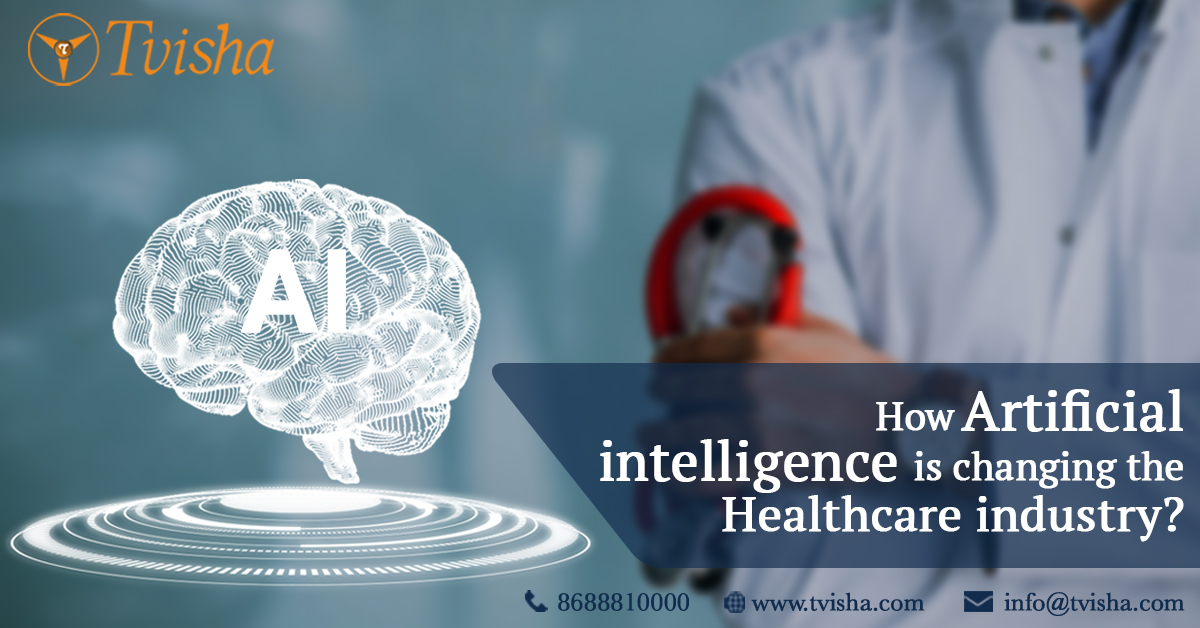
How Artificial Intelligence is Changing the Healthcare Industry
A doctor's main objective is to save lives, heal the sick, and keep people healthy. Nowadays, in the form of AI, technology is playing an increasingly important role in this area. The AI allows doctors to perform many tasks without facing many difficulties. This will enable them to focus on providing much-needed medical care to patients.
Artificial intelligence (AI) has been defined in many ways. It is a machine that can learn through supervised learning and make decisions on its own. AI technology is essential for solving various problems in different fields, including health care, finance, manufacturing, and logistics. It could also play an instrumental role in increasing the efficiency of businesses by automating routine tasks to free up employees for more complex tasks.
Artificial intelligence deals with creating intelligent computer systems that can act as rational agents. A rational agent can reason, plan, and make decisions for itself. Thus, Artificial Intelligence plays a vital part in today's medical field.
Current Trends and Developments in AI
- Machines are used for faster diagnosis. One of the best-known healthcare technologies is IBM Watson. It understands language and can respond to questions. The system understands patient data and other available data sources to form a conclusion.
- In January 2020, researchers successfully experimented with an AI system based on a Google Deep Mind algorithm capable of breast cancer detection.
- Computer programs play an essential part in medical research, patient identification, disease treatment, drug discovery/development, pharmaceutical production/manufacturing, genetic testing, diagnostic procedures, medical services, and radiological imaging techniques such as X-rays. And any mobile app development company can create apps for health.
- Across the globe, medical institutions have developed AI algorithms for their departments.
- Large technology companies like Google and IBM have also developed AI algorithms for healthcare. Additionally, hospitals are looking for AI software to support operational initiatives that increase cost-saving, improve patient satisfaction, and satisfy their staff and workforce needs.
- An American company called IBM Research believes AI could soon become capable of diagnosing diseases earlier, preventing injuries before they occur, and finding cures faster and cheaper.
- Currently, the US is investing billions of dollars to progress the development of AI in healthcare. But using artificial intelligence in healthcare for diagnosis and treatment plans can often be challenging to collaborate with clinical workflows and Custom EHR- electronic health record systems.
- In India, Apollo hospitals have implemented robots for surgeries. This is an excellent sign for further progress of AI in the medical sector.
We can conclude that AI technologies will revolutionize medical practices over the coming decades. These innovations will undoubtedly create better care for patients. Artificial intelligence is helpful in many industries such as finance, marketing, and even healthcare. Even though AI is mainly used to make things faster, more efficient, and even more accurate, the healthcare industry is one area where technology can be beneficial.
Applications of Artificial Intelligence in the Healthcare Industry
The medical field is among the earliest areas in which AI excels. Medical technology has always been an essential part of the modern world. Advances in medical technology have led to better and more effective treatments for patients, which is a significant factor in improving the quality of life for people worldwide.
The widespread deployment of AI in healthcare is likely to bring numerous benefits to patients. Read on.
1. Accuracy
- AI can become more accurate than humans with proper training, utilizing its ability to harvest and interpret data to make better decisions for tasks like identifying cancerous growths on x-rays.
- AI is used in healthcare to create intelligent technologies to help doctors and patients.
- AI has various uses, the most important of which is its use in computing.
- Computers today are very complex and rely on a host of algorithms and software that are not easy to understand. Artificial intelligence can improve the efficiency and accuracy of these algorithms and software.
- AI algorithms can also analyse large amounts of data through electronic health records for disease prevention and diagnosis.
- Automated devices reduce human errors, save up to 50 per cent time, and create data and insights that were previously impossible.
2. Quick Analysis and Output
- Artificial intelligence has several advantages over traditional methods of computing. One of the most significant advantages is speed.
- AI applications for medicine allow rapid data analysis on an unprecedented scale, producing faster diagnoses and treatments based on real-time patient data.
- AI can process large amounts of data much more quickly and accurately than traditional methods. It can also learn and adapt independently, which conventional computing methods cannot do. It is also able to form and simulate entities that mimic human abilities.
- AI improves the existing process across industries and applications and helps develop new solutions to problems that are overwhelming to deal with manually.
- Since this can be completed much faster than the rate a human being would be able to perform similar work, AI systems can become experts far quicker than humans, making them incredibly effective options for any process requiring intelligent decision-making.
- AI can help in the task of gathering data. While healthcare professionals are usually busy dealing with patients and carrying out their duties, they may not have the time or the resources to conduct detailed data analysis.
- On the other hand, automated data analysis can help healthcare professionals identify trends and make faster decisions.
- AI can also help in the diagnosis of illnesses and the planning of treatment.
- It can help better understand the patients' medical history and suggest new treatment protocols.
3. Robots and AI Assistants
- Robots with cameras, mechanical arms, and surgical instruments improve doctors' experience, skill, and knowledge.
- Surgeons control the mechanical arms seated at a computer console. At the same time, the robot gives the doctor a three-dimensional, magnified view of the surgical site that surgeons could not get by relying only on their eyes.
- The surgeon leads other members who work closely with the robot through the entire operation.
- Robots provide 'superpowers' to surgeons, improving their ability to see, create precise and minimally invasive incisions, stitch wounds, etc. However, important decisions are still made by human surgeons.
- Standard surgical procedures using robotic surgery include gynecologic surgery, prostate surgery, and head and neck surgery.
4. Virtual Healthcare Assistants and Chatbox
- Other AI applications include using online virtual health assistants and chatbots to help patients and healthcare customers find medical information, schedule appointments, understand the billing process, and complete other administrative processes.
- Artificial intelligence has made a significant impact in the medical industry and therefore changed the medical industry's function.
- Various machine learning algorithms and models have efficiently predicted different critical use cases, such as determining whether a particular patient has malignant or benign cancer or tumour based on the symptoms, health records, and history.
- It is also being used in predictions where the patients are told about their health and the preventions they should take to get back to a healthy and everyday life.
- Artificial intelligence helps doctors provide proper treatment for diseases through technology. Doctors must spend plenty of hours learning new medical practices by reading medical journals and attending conferences for training purposes. AI allows physicians to save time gathering knowledge.
- Artificial intelligence app makes it easier for people to understand difficult medical terms in simple language.
5. Pathological and other Lab Assistance by AI
- Pathological analysis of blood, cells, and tissues is vital in diagnosing diseases.
- AI-assisted pathology tools are developed to diagnose several diseases, including hepatitis B and many types of cancer.
- AI is well-suited for pathological analysis of large-scale screening samples, such as colorectal or breast cancer screening, thus lessening the burden on pathologists and allowing for a faster turnaround of sample analysis.
6. AI for Oncology
- AI has been used in cancer diagnosis, risk identification, molecular characterization of the tumour, and cancer drug discovery.
- A particular challenge in oncologic care is that AI is being developed to address the ability to accurately predict which treatment protocols will be best suited for each patient based on their individual genetic, molecular, and tumour-based characteristics.
- Through its ability to translate images to mathematical sequences, AI has been trailed in cancer diagnostics with the reading of imaging studies and pathology slides.
7. AI for Finding Quick Medical Remedies
- AI has brought revolutionary advancements in healthcare, enabling new therapies and interventions.
- Artificial intelligence helps hospitals find cures quicker.
- When a cure is found and made available, an artificially intelligent system can alert doctors immediately. Doctors get instantly notified where they need to refer patients for immediate treatment.
- A large number of human hours are saved through artificial intelligent machines.
- Several potential benefits can result from the implementation of AI in healthcare settings. These include the improvement of patient satisfaction rates, the reduction of errors made during patient care, and the improvement of the efficiency of workflow processes.
8. Quick Diagnosis and Quick Action
- The benefits of using AI technology cannot be denied. It can be beneficial for healthcare, particularly for diagnosing and treating diseases.
- AI can help quick and accurate diagnosis while easing the task of doctors.
- It can also recommend treatments based on a patient's personal history and preferences.
- In addition, it enables clinicians to monitor patients remotely, so they are always informed about their health status even when they are not present in a hospital or clinic setting.
- Moreover, AI has been shown to improve the accuracy of genetic predictions, which could benefit people with inherited disorders by helping them find better preventive measures or early treatments before any serious problems arise.
9. Automated Documentation
- Artificial Intelligence plays a significant role in managing patient data efficiently through medical records management software, thus providing objective evidence on diseases and prescribing medication appropriately.
- It helps doctors diagnose ailments accurately by processing vast amounts of biomedical documents and clinical trial data.
- AI offers opportunities for improved decision-making processes through intelligent predictive capabilities, thereby enhancing personalized treatment plans based on actual patient outcomes.
- AI reduces the need for additional testing while assisting in preventive disease treatments.
10. Automated Communication
- AI automates repetitive tasks performed by humans and replaces human workers with intelligent computers. Therefore, AI reduces the workload of physicians and gives better service to customers.
- Healthcare organizations need to embrace AI systems as part of everyday operations to achieve maximum efficiency with minimum cost.
- Another important application of artificial intelligence in healthcare is facilitating communication between healthcare professionals and patients.
- AI can help automate the communication process and help ensure that all relevant information is conveyed to patients promptly.
- Consequently, patients have increased confidence in the quality of information they receive from healthcare professionals. AI also helps reduce the time needed to process and respond to patient queries.
Challenges Faced by AI in Medical Industry:
- Society became obsessed with getting rid of the need for physical labour. We believe that we could replace manual labour with technology, but technology never replaces our ability to work physically.
- What does this mean? It tells us that there is a certain level of skill needed to create jobs through productive efforts, jobs that people value, skills that people develop throughout their life span, and job skills that cannot easily be replaced.
- However, several potential challenges must be considered when using AI in healthcare settings. There are a few challenges that need to be overcome.
- It is essential to ensure that AI is carefully planned and monitored to ensure that it does not pose any risks or challenges to patient safety.
- It is also necessary to ensure that users are adequately trained to minimize the potential for harmful outcomes.
- It is crucial to develop strategies for dealing with the potential drawbacks and challenges that may arise with AI deployment in healthcare settings.
- It is essential to consider the risks and challenges associated carefully. By doing so, healthcare professionals can ensure that patients receive the best possible care.
- Many experts believe that artificial intelligence can become far more helpful in medicine than today's sophisticated software systems combined. AI can become as common as human labour. AI helps reduce errors, save time, assist decision-makers in complex environments and provide valuable insights.
- AI needs to be user-friendly. Healthcare professionals need to understand and use the technology in a way that is helpful to them.
- AI needs to integrate with the rest of the healthcare system. AI is used mainly in isolation. It is not always able to make effective use of the available data.
- Healthcare professionals need to be trained in the use of AI. While AI can be used alone most of the time, it can be even more effective when used together with human intelligence.
Conclusion:
AI is a beneficial tool in the healthcare industry, and it must be used in the best way possible. However, there are concerns that some forms of AI may lead to serious ethical issues, such as the widespread use of robots or machines to make decisions about human lives without proper safety measures in place.
There are also fears that artificial intelligence could be used deliberately by companies or governments to carry out surveillance on their citizens without their knowledge or consent. Though AI is not perfect, it has proven to be a beneficial tool in the healthcare industry.
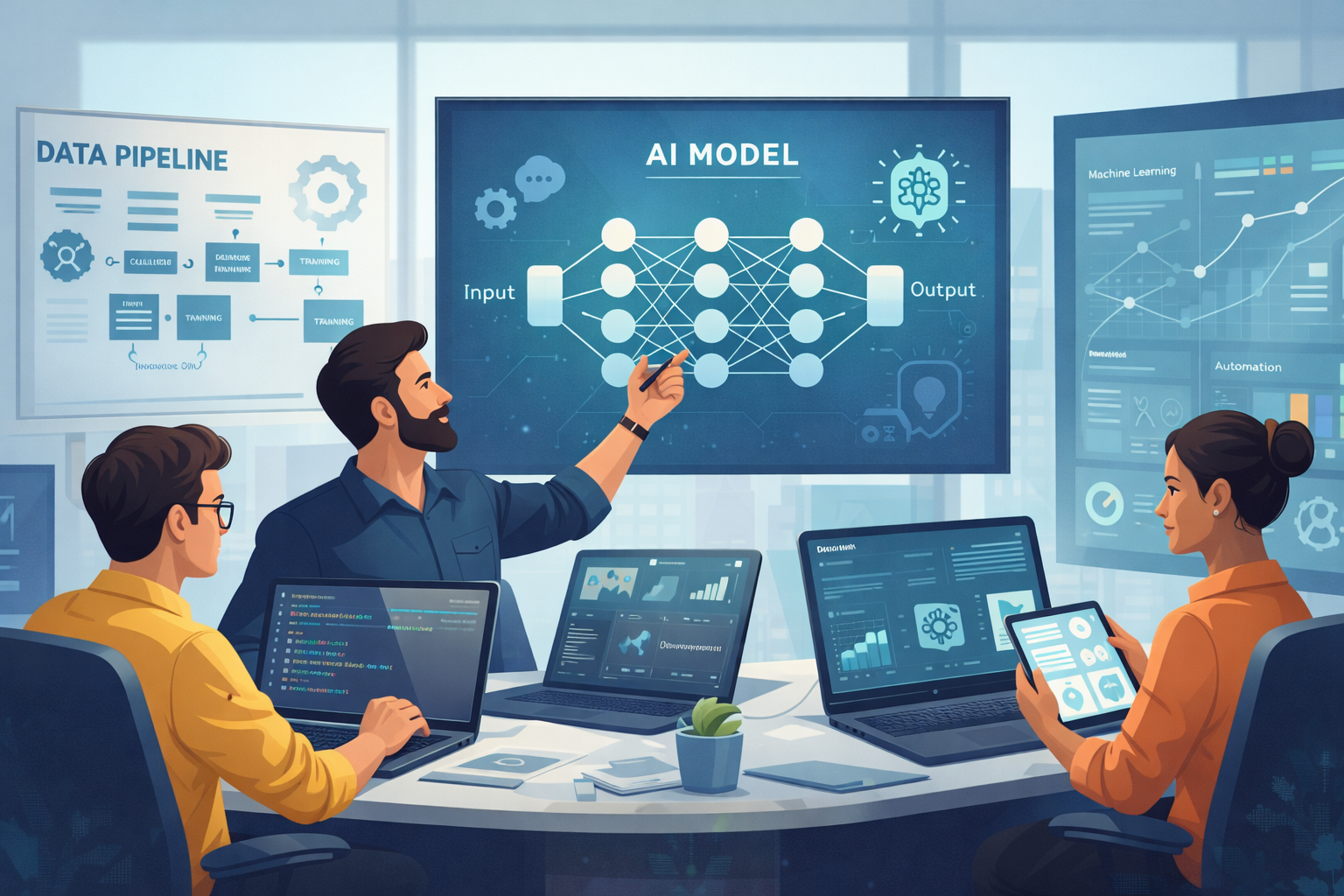
.jpg)

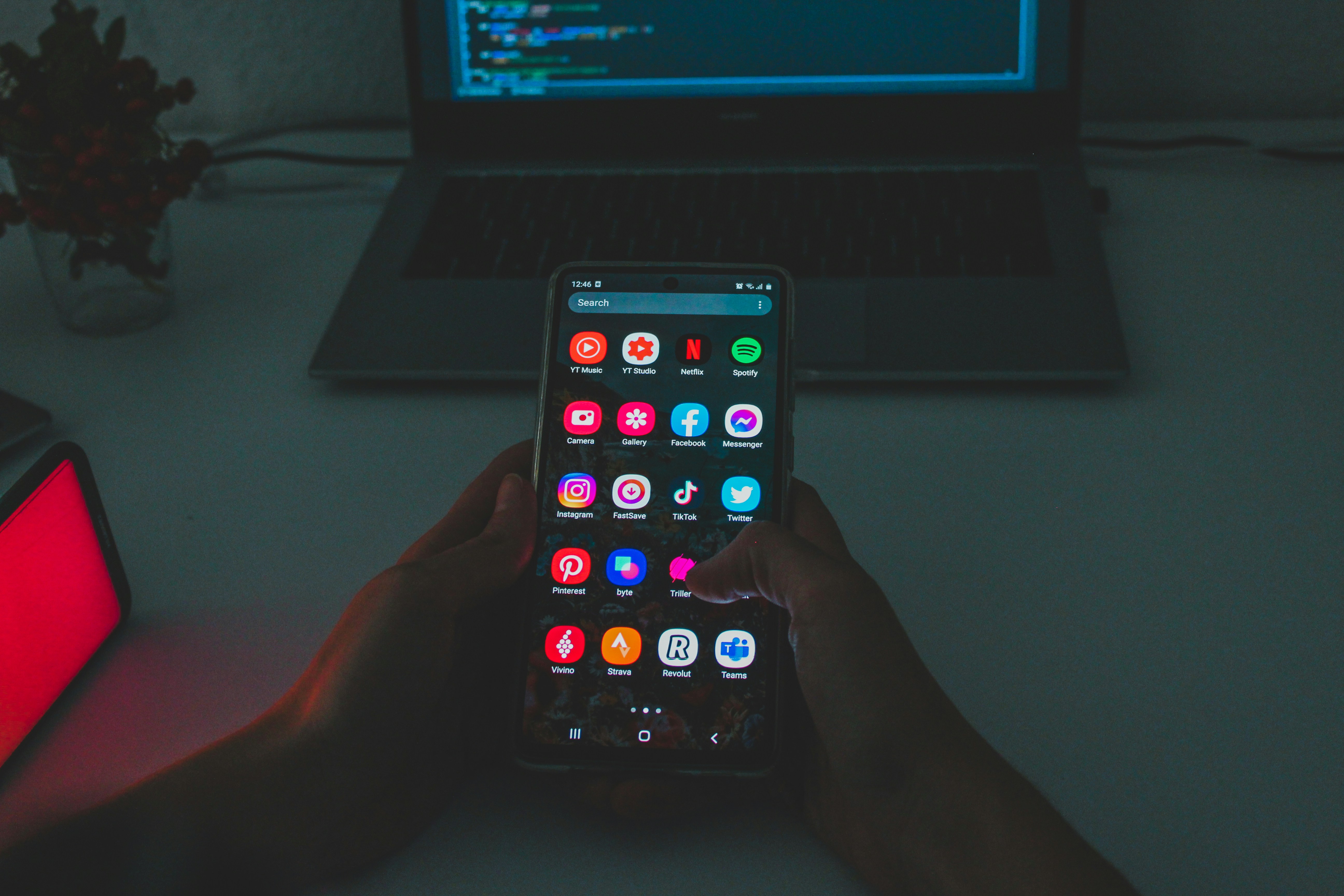
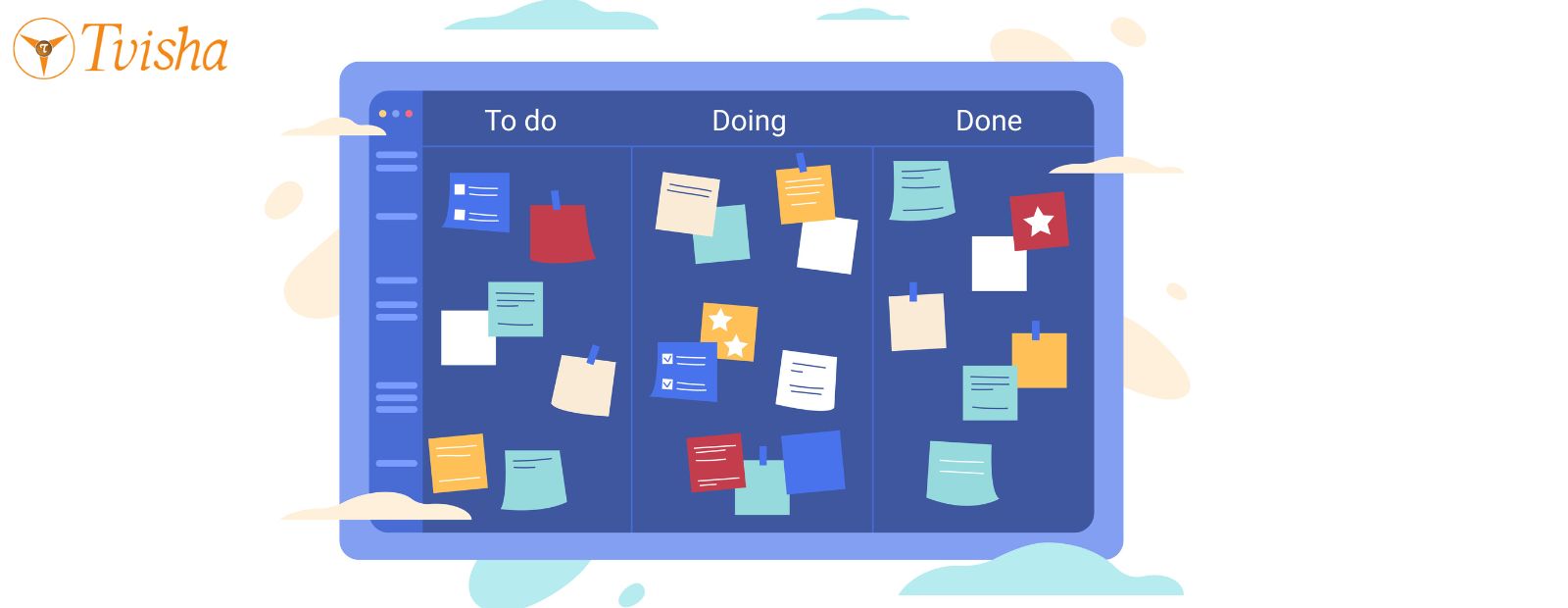
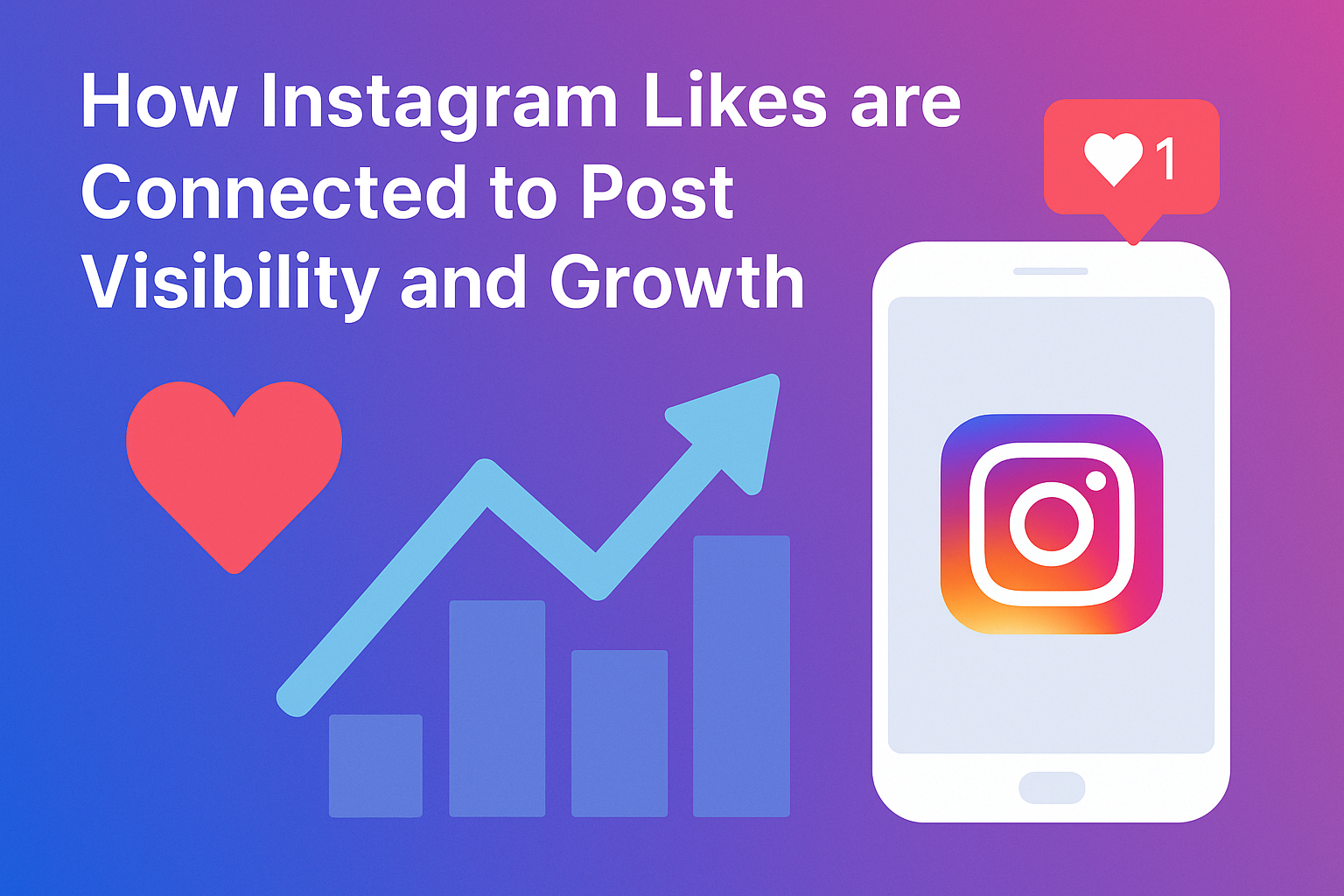











 Whatsapp
Whatsapp
 Email
Email


